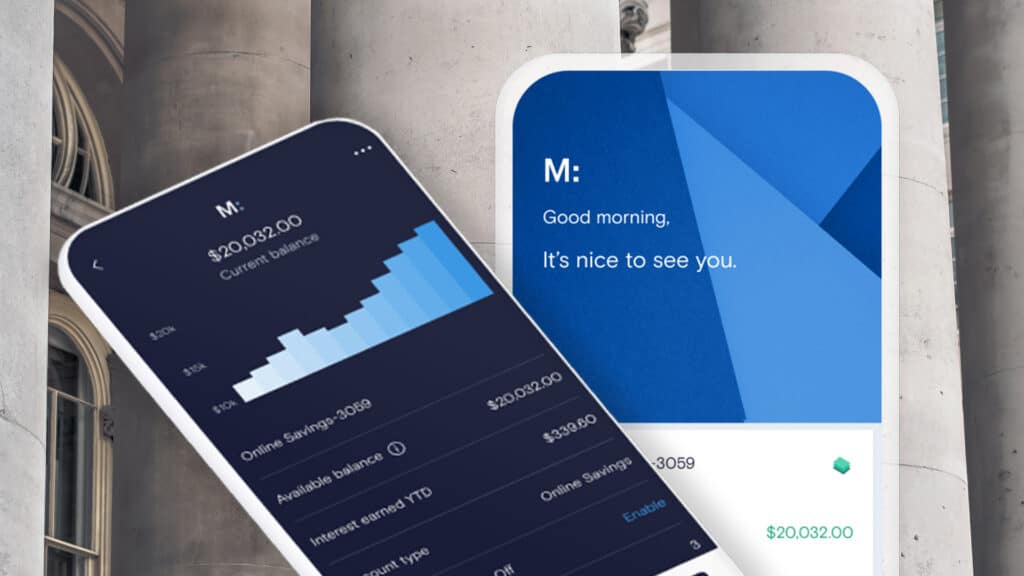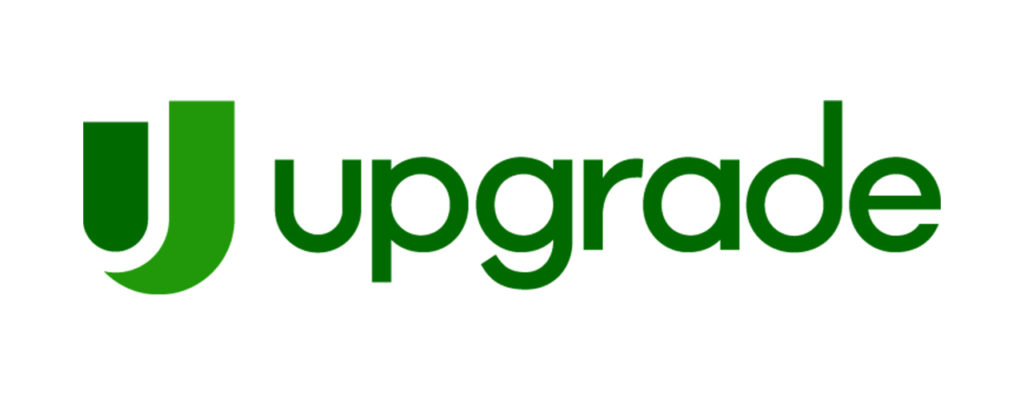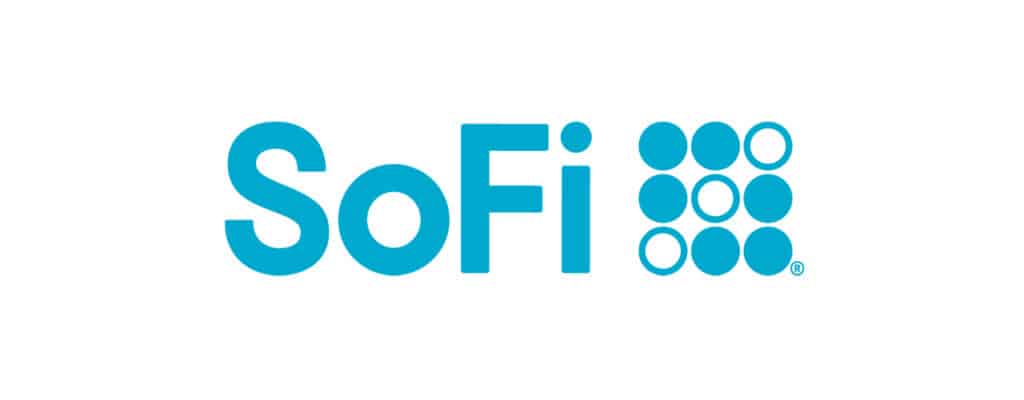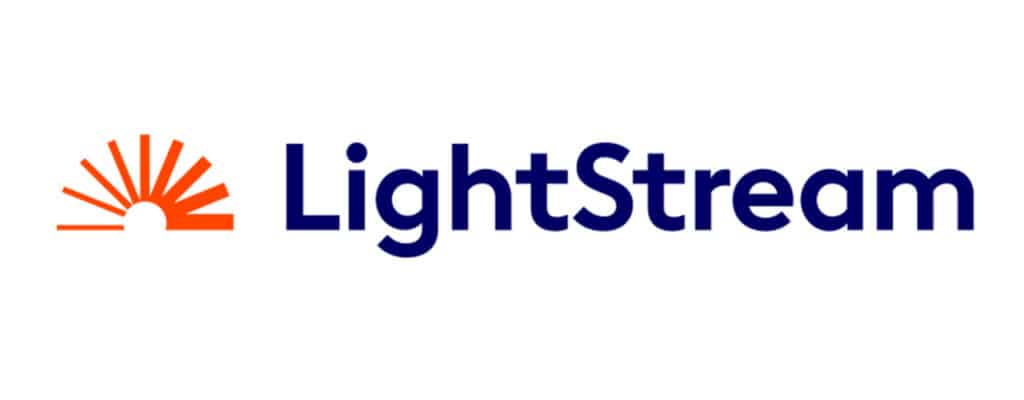Most products on this page are from partners who may compensate us. This may influence which products we write about and where and how they appear on the page. However, opinions expressed here are the author's alone, not those of any bank, credit card issuer, airline or hotel chain.
Personal loans are versatile and can be used for almost anything. They also don't require a down payment or collateral in most cases.
But between an auto loan or a personal loan, which vehicle financing option is best for you? There are clear differences between an auto loan and a personal loan, as well as situations where one can make sense over the other. We'll break down the comparison between the two and when using a personal loan for a car can be advantageous, or if you're better off choosing a car loan instead.
Can You Use a Personal Loan to Buy a Car?

Yes, you can take out a personal loan for a car. Although some lenders advertise certain personal loans for a particular purpose, you can use them to pay for almost anything, including buying a vehicle.
But for most people, auto loans may have a clear advantage over personal loans when it comes to vehicle financing. If you're facing unique circumstances though, such as buying a project car, a car that's too old to qualify for an auto loan, or if your credit is bad, then a personal loan may be your only choice.
How Does a Personal Loan for a Car Work?
Like auto loans, personal loans are installment loans that allow borrowers to repay the loan balance through monthly payments, typically at a fixed interest rate. But unlike auto loans, personal loans do not require collateral.
Using personal loans to purchase cars is not common, but it offers a financing option for borrowers who may not qualify or want to take out an auto loan. With good to excellent credit, you may qualify for a personal loan up to $100,000 without a down payment or using the car as collateral.
Differences Between Personal Loans vs. Auto Loans
Despite both being a type of installment loan, a personal loan and an auto loan differ in several ways. Here's how they compare to each other in several major financing categories.
| Auto Loans | Personal Loans |
|---|---|
|
|
Collateral
Personal Loans — A personal loan is an unsecured loan. As a result, they don't require your car as collateral, so you won't risk losing your car if you default. However, if you don't have good to excellent credit, be prepared to pay a higher interest rate than you would typically with an auto loan.
Auto Loans — An auto loan is a secured loan, so they do require you to use your new or used car as collateral. Collateral lowers the risk for auto loan lenders. As a result, auto loans usually have lower interest rates and better loan terms than personal loans, especially for those with strong credit scores.
Loan Interest Rate
Personal Loans — In general, personal loans carry higher interest rates than auto loans because they are unsecured loans. Some personal loan lenders will allow you to get a lower interest rate by using an asset as collateral. But putting up collateral puts your assets at risk in the event you default on the loan. Unless you qualify for a low-interest loan, you'll typically face higher rates with a personal loan.
Auto Loans — Since auto loans use the purchasing vehicle as collateral, they usually come with lower interest rates than personal loans. Some borrowers may be eligible for a zero percent APR through the dealer, provided you have excellent credit.
 Related Article
Related Article
14 Ways You Can Use a Personal Loan
Credit Score Requirements
Personal Loans — Personal loan lenders set a higher credit score standard than auto loans due to the higher risk to lenders since these loans are unsecured. Most lenders prefer a credit score of at least the 600-range, but there are some lenders that offer loans for borrowers with bad credit, although you can expect the interest rates to be high.
Auto Loans — There is no set minimum credit score to qualify for an auto loan. But in general, auto loans have lower credit score requirements because your car is used as collateral and subject to repossession if you don’t make your car payments. The better your credit score, the lower your rates will be. You may be able to qualify for a car loan with bad credit, but you will likely face higher rates and/or may be asked to bring on a cosigner.
Down Payment
Personal Loans — Personal loans don't require a down payment because they are meant to provide a quick source of cash for borrowers with good credit. So, your personal loan qualification is mostly dependent on your creditworthiness, debt-to-income ratio, income, and other factors.
Auto Loans — While a down payment is not always required for an auto loan, a larger down payment can lead to a lower interest rate and better loan terms. Borrowers with poor credit can also leverage a higher down payment to qualify for a better loan deal.
Loan Term
Personal Loans — On average, a repayment period for a personal loan is shorter than an auto loan. So, you'll have less time to repay a personal loan compared to an auto loan.
Auto Loans — The loan length (loan term) of auto loans is generally longer than a personal loan. As a result, your monthly car payments on an auto loan are usually lower than on a personal loan.
Loan Use
Personal Loans — As mentioned before, a personal loan can be used for almost anything. If you want to purchase a car and use some of the proceeds for other things, you have the flexibility to do so with a personal loan. The funds are deposited straight into your account to be spent at your own discretion.
Auto Loans — The funds from an auto loan can only be used for the specific vehicle you purchased. During the auto loan application process, all of the vehicle's details, such as the VIN number, are documented. The loan proceeds are also sent from the lender directly to the dealer, so the money never reaches your accounts to be used for other things.

5 Best Loans for Auto Repair Financing
When a Personal Loan Makes Sense to Finance a Car

While an auto loan does have advantages in generally lower rates and better terms, a personal loan is still a viable option in certain instances:
- When you purchase from a private seller: Since dealer financing isn't available when buying from a private auto seller, you’ll need cash for private seller transactions. Personal loan funds are deposited straight into your bank account to use for such purchases. Although personal loans may have slightly higher rates, you forego dealer fees and may benefit from a lower purchase price from a private seller.
- When purchasing a project car: Since auto financing relies on a new or used car for collateral, the lenders only finance cars with equity, meaning the car is worth more than you owe on it. As a result, a personal loan may be your only finance option for a fixer-upper, salvaged, or classic auto restoration project.
- When you don't need full insurance coverage: Traditional auto loan lenders require you to carry full auto insurance coverage for your new or used vehicle. Full coverage auto insurance includes collision and comprehensive protection. However, a personal loan lender may allow you to carry just liability insurance for a vehicle, potentially saving you over a thousand dollars yearly in insurance premiums.
In most other instances, an auto loan does have an edge over personal loans.
If you decide that a personal loan is the right option, here are some overall best loans to consider. Check out our best personal loans roundup for more options.
Best for Bad Credit
Upgrade
- Loan Amounts$1,000 – $50,000
- Loan Terms24 – 84 months
- APR Range8.49% - 35.99%
- Minimum
Credit Score560 or aboveA credit score is used to indicate the creditworthiness of an applicant, but it is only one of several factors considered for approval. These credit scores alone are not guarantees for approval and should only be used as guidelines.
Borrowers with less-than-stellar credit profiles may find Upgrade personal loans accessible, and its quick funding and flexible payment due dates convenient.
Overview
Upgrade offers personal loans that are accessible to those with not-so-ideal credit scores. The low loan minimum of $1,000 also makes it an easy choice for those with small financing needs. However, borrowers in certain states will be subject to higher minimum loan amounts. With this lender, you can expect to pay an origination fee. Borrowers can view their rate before applying without impacting their credit score. Overall, Upgrade is worth considering if you’re looking for a lender that is willing to work with lower credit scores and offers loans with competitive rates and flexible terms.
Read the reviewPros
- Accessible to borrowers with bad credit
- Flexible loan terms
- Joint applications allowed
- Secured loan options
- Direct payment to creditors
Cons
- Has origination fees
- No physical branches
- Higher APRs than some competitors
Best for Good Credit
SoFi Personal Loans
- Loan Amounts$5,000 – $100,000
- Loan Terms24 – 84 months
- APR Range8.99% – 29.49%
- Minimum
Credit Score680 or aboveA credit score is used to indicate the creditworthiness of an applicant, but it is only one of several factors considered for approval. These credit scores alone are not guarantees for approval and should only be used as guidelines.
SoFi's personal loan offering comes with no fees required and a high loan maximum that may be a good fit for those seeking large loans.
Overview
SoFi offers a competitive personal loan product that boasts no origination fees, no late fees, and a high maximum loan amount of $100,000. SoFi is one of only a handful of lenders offering loans as large as $100,000. If you need a substantial loan to cover a considerable expense, like a home renovation, SoFi’s high maximum can be a strong option. One standout feature of SoFi is that it offers unemployment protection, which might allow you to pause payments if you lose your job. Same-day funding is also available for qualified borrowers
Read the reviewPros
- No origination fees, no prepayment penalties and no late fees
- Loans up to $100,000
- Unemployment protection available
- Autopay rate discounts
- Co-borrower allowed
- Same-day funding available
Cons
- No physical branches
- High minimum loan amount
- Good credit likely required
Best for No Fees
LightStream
- Loan Amounts$5,000 – $100,000
- Loan Terms24 – 144 months
- APR Range7.49% – 25.49% (with autopay)
- Minimum
Credit Score660 or aboveA credit score is used to indicate the creditworthiness of an applicant, but it is only one of several factors considered for approval. These credit scores alone are not guarantees for approval and should only be used as guidelines.
LightStream is a solid online lender offering no fees, high loan maximums and low-rate personal loans for several purposes.
Overview
LightStream offers personal loans for several purposes, including debt consolidation, medical expenses, home improvement, weddings, car purchases and more, making this worth considering for those seeking flexibility. The lender offers relatively low rates compared to competitors, including autopay discounts. Its personal loans also have no origination fees or late fees, which can help keep borrowing costs low. However, borrowers will likely need to have good-to-excellent credit in order to be approved for a LightStream personal loan. Overall, it’s a good lender to add to your shortlist if you’re looking for flexible funding, no fees and a low APR. Lightstream may also disburse loans as soon as the same day you’re approved, making this lender a worthy choice if you need fast funding.
Read the reviewPros
- Low minimum APR
- No origination fees, no late fees
- High loan maximum of $100,000
- Autopay discount
- Joint applications allowed
Cons
- Rates and terms vary by loan purpose
- No soft pull prequalification
- Must have good-to-excellent credit
- No physical branches
Should You Get a Personal Loan to Buy a Car?
Using a personal loan to buy a car is a fairly uncommon option. However, it may make sense for you if you have some unusual circumstances, such as buying from a private seller, purchasing a project car, or wanting to avoid specific requirements in an automobile loan agreement.
Still, auto loans typically offer the most advantages due to their lower interest rates, longer repayment terms, and ability to qualify for larger loan amounts. The main goal is to fully understand the two loan types to make a more informed decision.
FAQs
-
Personal loans do not require a down payment. The only upfront money involved in a personal loan is an origination fee, which is considerably lower than the 20% average down payment for an auto loan.
-
It may be convenient to get an auto loan at the dealership, but it limits your ability to shop around for the best loan rates and terms. Banks tend to have lower rates than auto dealerships, and you may be able to prequalify to get multiple offers so you can compare rates. Not to mention, there won’t be pressure from the bank to purchase a car on the spot, unlike at the car dealership.
-
You can refinance your personal loan into a car loan by taking the money from the new car loan and paying off the remaining balance on the personal loan. However, the car loan requires that you use your car as collateral to take advantage of the lower interest rates and terms.




















